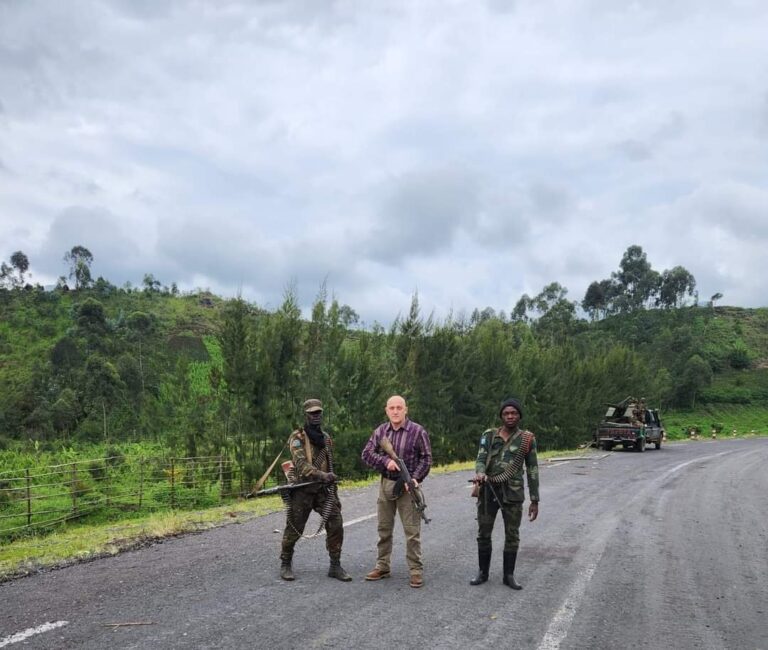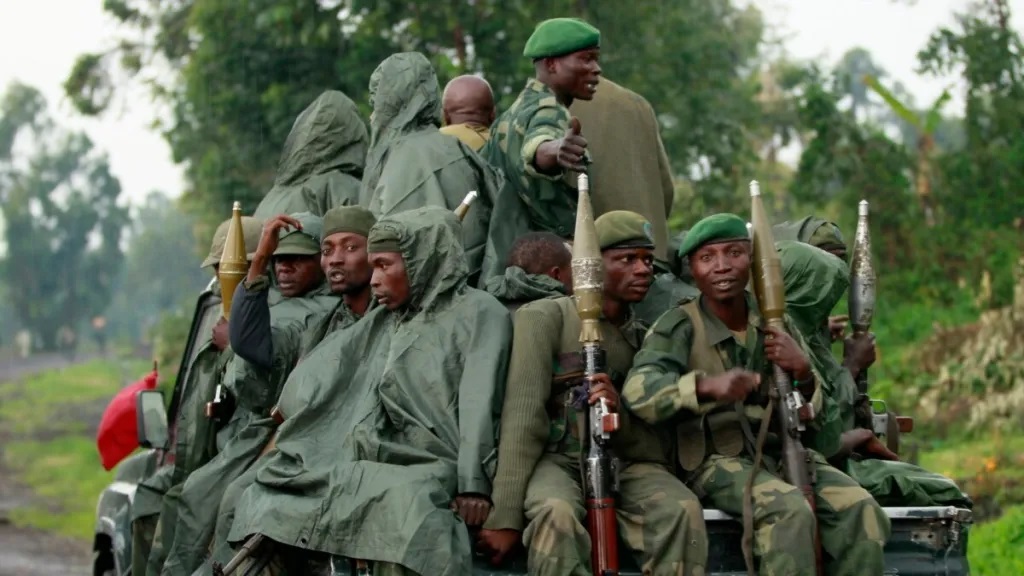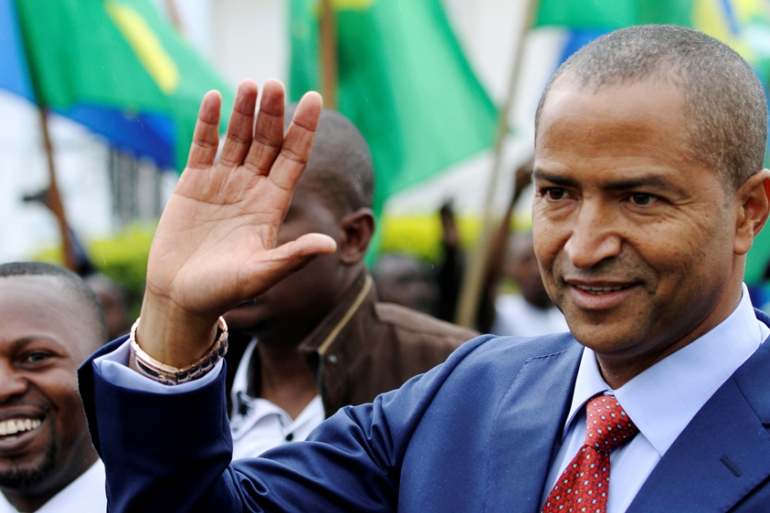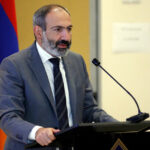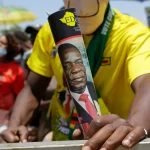The Wagner Group seeks new ways to expand its footprint in Africa. The Kremlin’s quasilegal troops have engaged in a dialogue with Denis Sassou Nguesso, the president of oil-producing Congo, who has been in power since 1979, with a five-year gap from 1992 to 1997. Congo’s key port of Pointe-Noire near the Gulf of Guinea is not far from Nigeria’s deep-sea hydrocarbon development.
The M23 rebels claimed the Wagner mercenaries were present in North Kivu in the east of the DR Congo. With the Command of the Congolese Army denying this statement, the probability assessment for Russia’s Wagner mercenaries being present in this country is almost 100%.
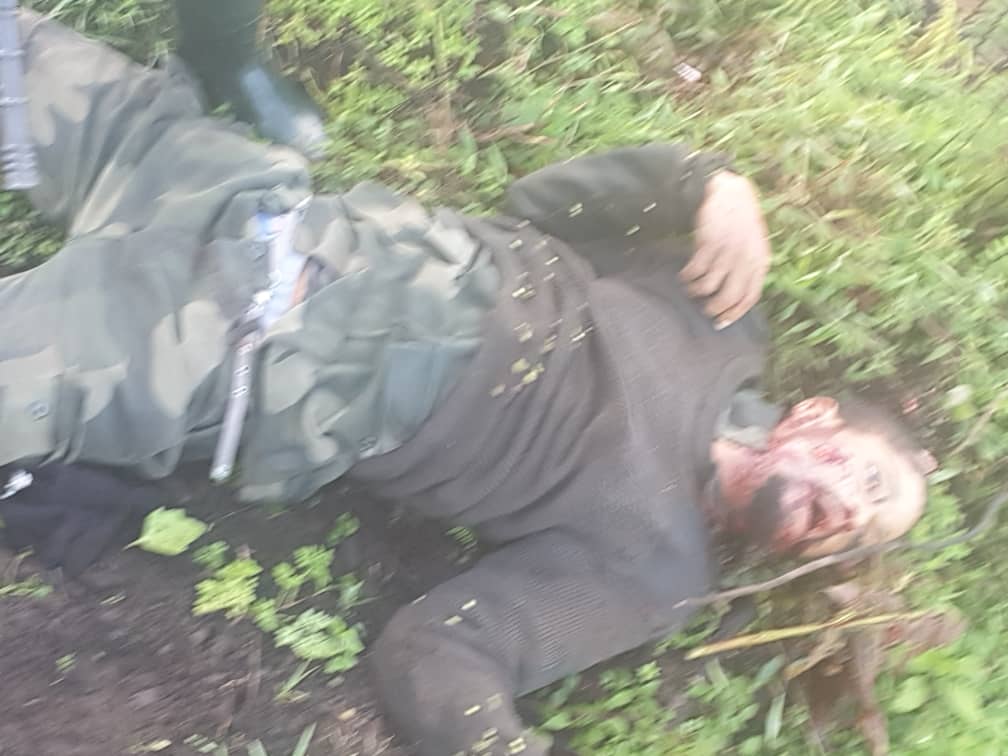
Kinshasa denies this fact, as it is afraid of worsening relations with the West over the ties to a terrorist group associated with numerous war crimes. The fact that Wagner Group is recruiting prisoners with outstanding convictions in Russia makes it possible to equate Wagner to an organized crime group. We believe they are present in the DR Congo to:
- Gain shadow access to natural minerals, as their selling provides shadow income for Russia’s top leaders and funding for military operations abroad.
- Make African leaders more dependent on Russia and involve them into Russian sphere of influence.
- expand Russia’s geostrategic influence in Africa.
- Strengthen Russia’s geopolitical hand in Africa by ousting France and discrediting Paris over the charges of colonialism. The best proof of this are anti-French rallies in Mali organized by the Russians.
- Launch Russian information and psychological operation to increase the number of those supporting Russia, as opposed to the West, with speculation on colonial legacy, and populist rhetoric, as the Kremlin is unable to promote constructive projects in the region.
The U.S. government has sanctioned some of Prigozhin’s companies for what it calls “malign political and economic influence around the globe, including sponsoring phony election monitoring missions in Democratic Republic of the Congo (DRC). According to the Department of State, Facebook in 2022 removed Prigozhin-linked accounts in DRC that attempted to trick local journalists into writing favorable stories about Russia.
Prigozhin’s efforts to reach out Sassou Nguesso made President Emmanuel Macron of France arrange a meeting with Sassou at the end of December 2022. The outcome of the meeting was to postpone the decision to bring Wagner mercenaries to Pointe-Noire.
The President of France pays particular attention to expanding presence of the Wagner Group in African nations that are of geopolitical interest to France. That obviously confirms and results from assessments by the RLI on Moscow’s policy of ousting France from Africa.
The DRC Army and M23 rebels currently keep small intensity fighting in the eastern Congolese province of North Kivu.
Hostilities resumed with the start of 2022, but the parties were able to agree on a ceasefire in November last year.
Seven East African Community national leaders at the meeting in Nairobi in the summer of 2022 decided to send a peacekeeping mission to the east of the DRC to de-escalate the situation there and stop hostilities.
Wagner’s subsidiaries get the right to use mineral and natural resources in these countries, buy weapons, technologies and military services.
That way, Prigozhin’s entities affiliated with the Wagner Group replace Russian Foreign Ministry and the Ministry of Economic Development, with power monopolized in Prigozhin’s hands, making him vital for President Putin. Amid expanding Wagner presence in Africa, Russian Foreign Ministry’s policy seems ineffective, as it lacks tools and tactical maneuvers, while Prigozhin strengthens his hand and enters big political stage in Russia.
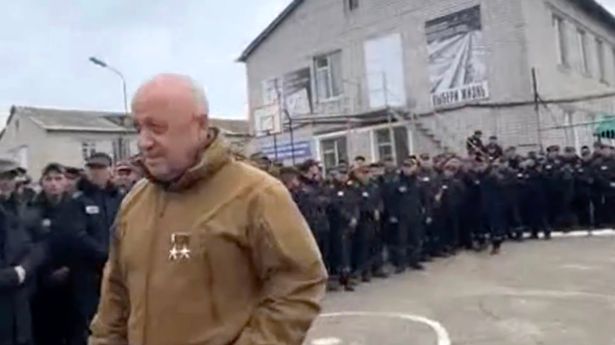
Read also: Russia on track to becoming military junta
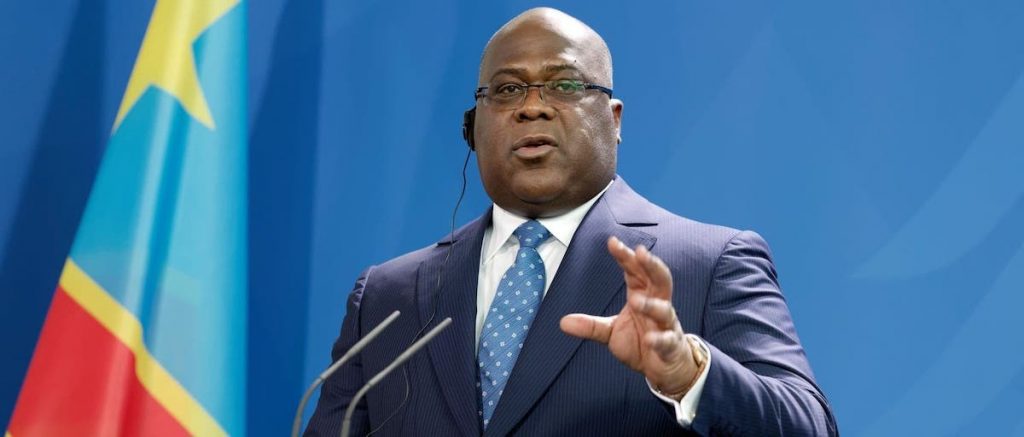
Read also: DRC on the verge of a crisis


